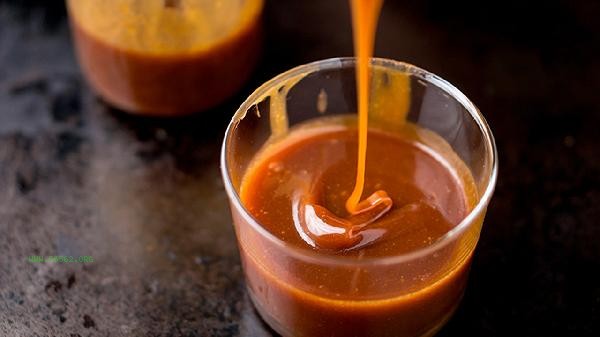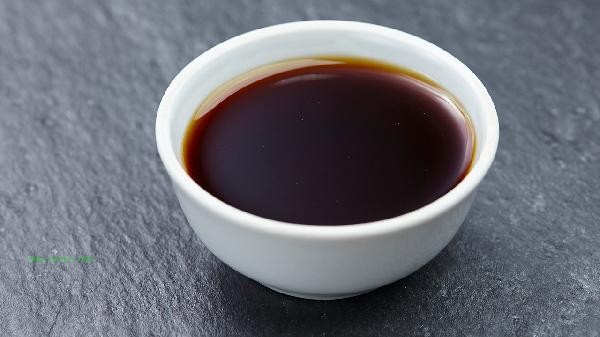When cooking noodles, you can use either light soy sauce or soy sauce. Light soy sauce is more suitable for light noodles to enhance freshness and saltiness, while dark soy sauce is more suitable for heavy flavored noodles to enhance color and aroma.

Soy sauce is a liquid seasoning made by fermenting soybeans and wheat. It has a moderate salty taste and a fresh flavor, which can highlight the wheat aroma of the noodles without masking the original taste of the ingredients. Amino acids and sugars produced in the fermentation process can enhance the sense of hierarchy of the bottom of the soup, which is suitable for clear Noodles in soup, yangchun noodles and other practices that emphasize the original flavor. When using soy sauce, it is recommended to pour in a small amount before turning off the heat, as prolonged high temperature cooking may result in loss of freshness.

Old soy sauce is dark brown due to the addition of caramel color, which is suitable for Zhajiangmian, braised beef noodles, etc. that need rich soy sauce color. Its viscous texture can adhere to the surface of noodles, but its low saltiness requires the use of salt. The Maillard reaction products in dark soy sauce give the food a special aroma, but prolonged stewing may produce a slight bitterness. It is recommended to add them during the juice harvesting stage. For dishes with high color requirements, you can first color them with dark soy sauce and then adjust the saltiness with light soy sauce.

Regardless of which soy sauce you choose, you should pay attention to controlling your sodium intake. People with hypertension can choose the low salt version. Pairing with mushrooms, green leafy vegetables, and other ingredients can balance the salty taste. Adding natural spices such as scallions and sesame seeds appropriately when cooking noodles can reduce the amount of soy sauce used. It is recommended to flexibly adjust according to the type of noodles and personal taste, avoiding long-term use of the same seasoning to maintain dietary diversity.









Comments (0)
Leave a Comment
No comments yet
Be the first to share your thoughts!